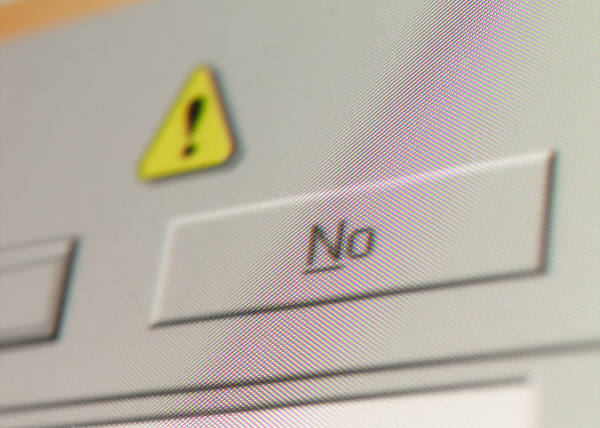- Contribute to known and verifiable charities. Research the organization's status, registration filings and complaints by contacting the New York State Department of State Division of Consumer Protection, Office of the New York State Attorney General, the Internal Revenue Service (IRS) and/or the Better Business Bureau. You can search the New York State Attorney General's online database of registered charities at www.oag.state.ny.us. You may also seek out information about charitable organizations from various national databases including Guidestar, American Institute of Philanthropy, and Charity Navigator.
- Beware of callers who want your money fast or use high-pressured tactics. When solicited by phone, always ask the caller to send you written materials about the charity. No legitimate organization will insist that you donate immediately. Watch out for solicitors who employ dramatic, emotional or heart-tugging stories. Ask for written information about the charity and how your money will be spent or distributed
- Avoid giving cash. Make checks out to the charity not to an individual. Give your contribution by check or credit card so that you have a record of the donation. If you choose to make a donation via a charity's website, check to ensure that the website is secure and that your computer is equipped with the latest anti-virus protection. Don't send contributions with a "runner," by wire or overnight parcel pick-up
- Ask if the donation is tax deductable
- Ask what percentage of donations is used towards the cause as opposed to administrative costs
- Guard against fake solicitations. Be wary of unsolicited mailings, phone calls and e-mails requesting donations. Unless you have signed up to receive e-mails from a charity of your choice, do not respond to e-mail solicitations. Don't click on any links contained in these e-mails, as you may be directed to a fake website made to look like a legitimate organization's official site. Other e-mails ask for money to be sent to off-shore bank accounts
- Don't disclose personal or financial information. Never give your Social Security number, credit card or debit card number or other personal identifying information in response to an unsolicited charitable request, especially over the phone
Get information regarding contributing to charitites after a disaster, when unscrupulous organizations may seek donations, even though only a small percentage of the money, if any, will actually be used to assist victims.




